This tiny tuber has fed people across the Four Corners region for 11,000 years. Now, scientists and Indigenous farmers are coming together to not only conserve the Four Corners potato as cultural heritage, but also to grow its potential as an economically viable food crop.
Last November, U researchers Bruce Pavlik and Lisbeth Louderback, together with Cynthia Wilson, director of the Utah Dine Bikeyah Traditional Foods Program, hosted farmers from the Pueblo Tribes/Nations and Navajo Nation on campus at Red Butte Garden. Altogether, the Indigenous farmers harvested 54 pounds of potatoes tracing back to the Escalante, Bears Ears, and Mesa Verde areas.
The scientists shared their research on growing the spuds in mass quantities. The Indigenous farmers shared their cultural memory of the potato and left the harvest with new tubers to plant this spring. “Revitalizing the potato is a way to capture our relationship with food and the spiritual elements of how food is grown, gathered, hunted, and shared through our communities,” says Wilson MS’16.
As for eating the mini spuds, Pavlik says they taste similar to today’s potatoes but are richer in nutrients. “Compared to organic red potatoes, the Four Corners tuber contains three times the protein, nearly twice the dietary fiber, and more minerals and vitamins,” he notes.
The taters made their contemporary culinary debut last fall at the 2nd Annual Indigenous Dinner at the U’s Natural History Museum of Utah, as well as at a special fall feast at Hell’s Backbone Grill in Boulder, Utah. Local restaurants are already putting in orders for next fall’s harvest. And if all goes to plan, it won’t be long before indigenous-led efforts will make the Four Corners potato an everyday menu item.
Gallery
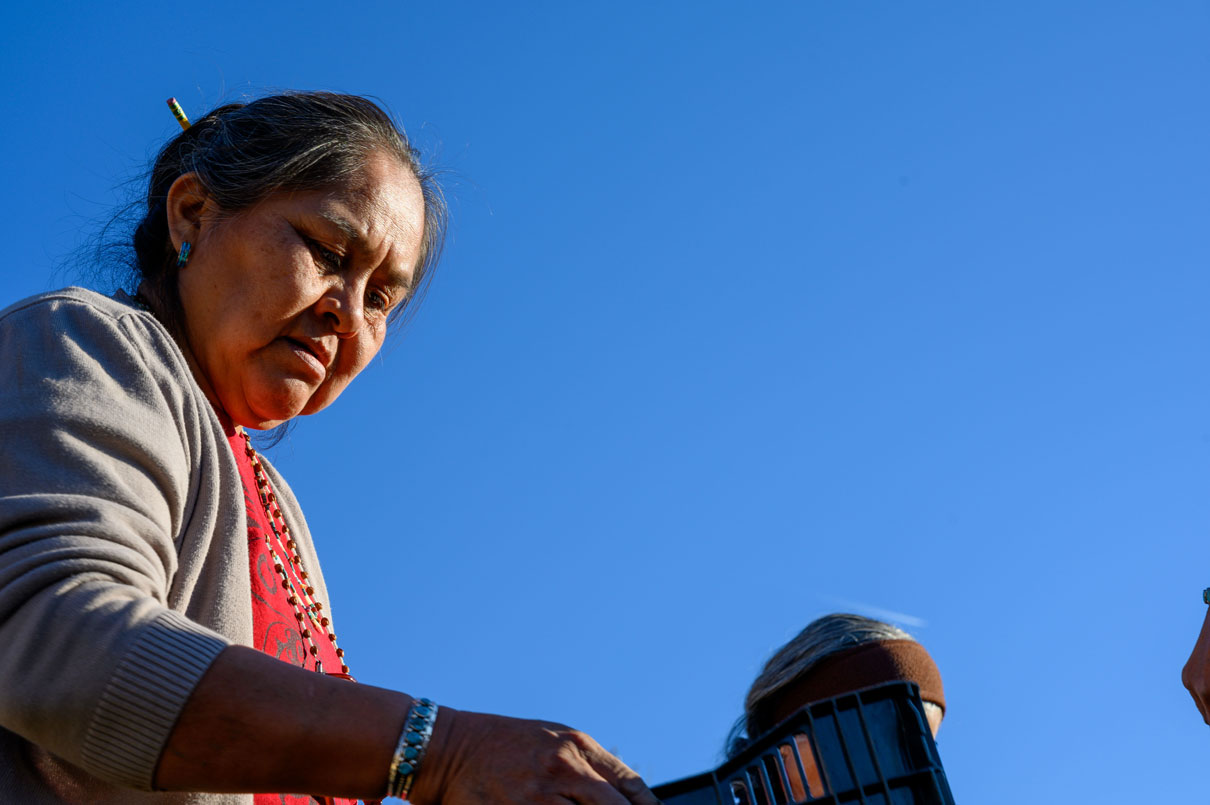




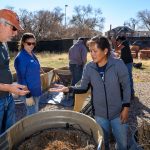
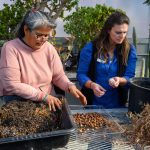


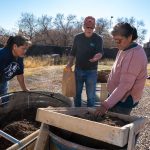



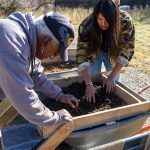

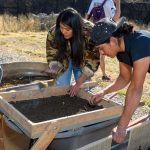


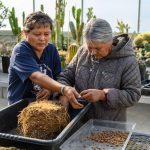


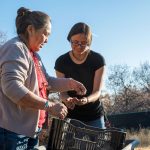



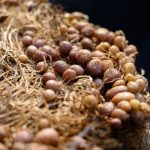
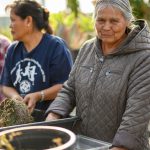
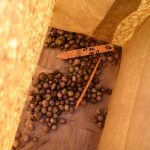








Where can I get some?